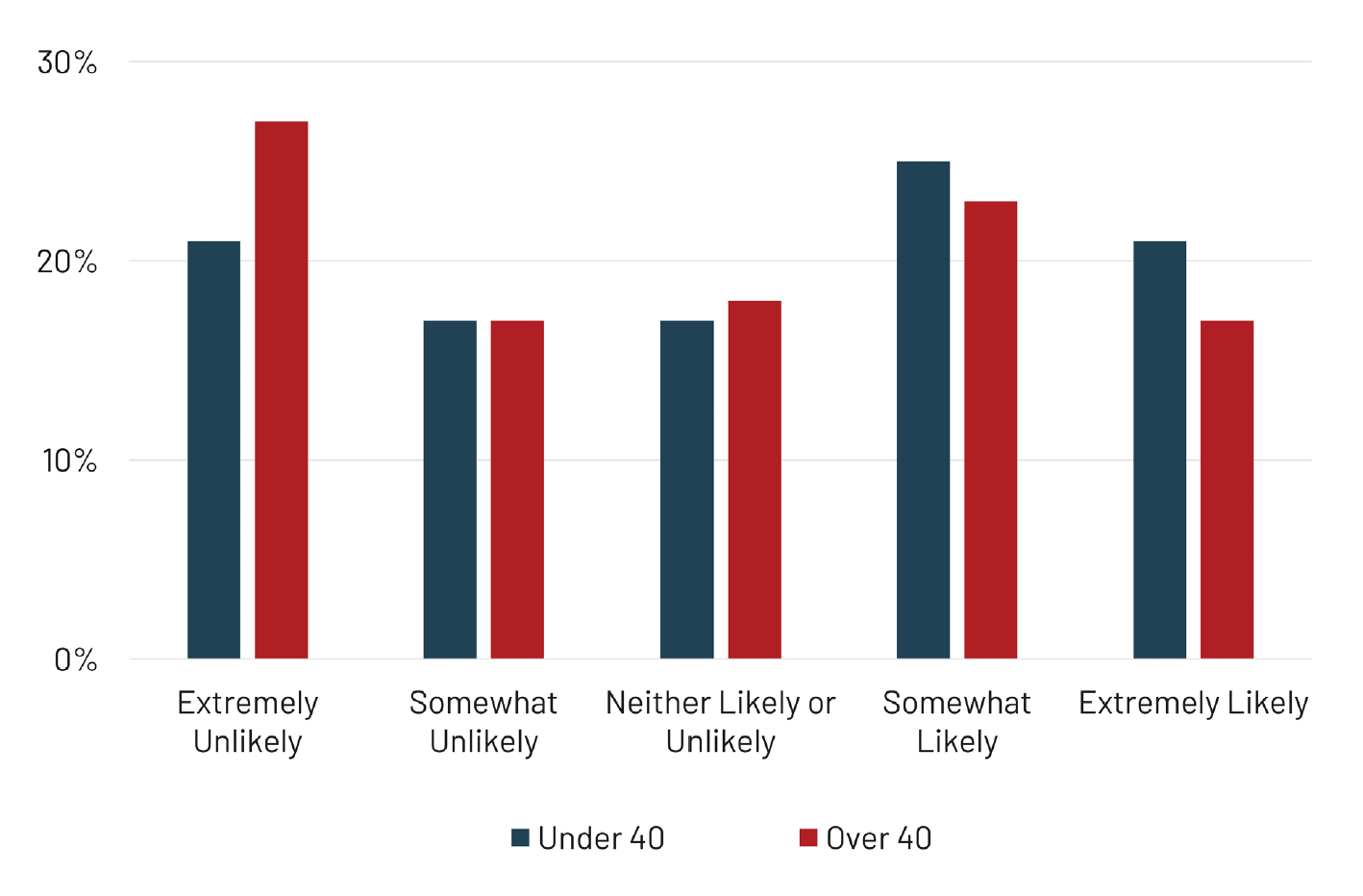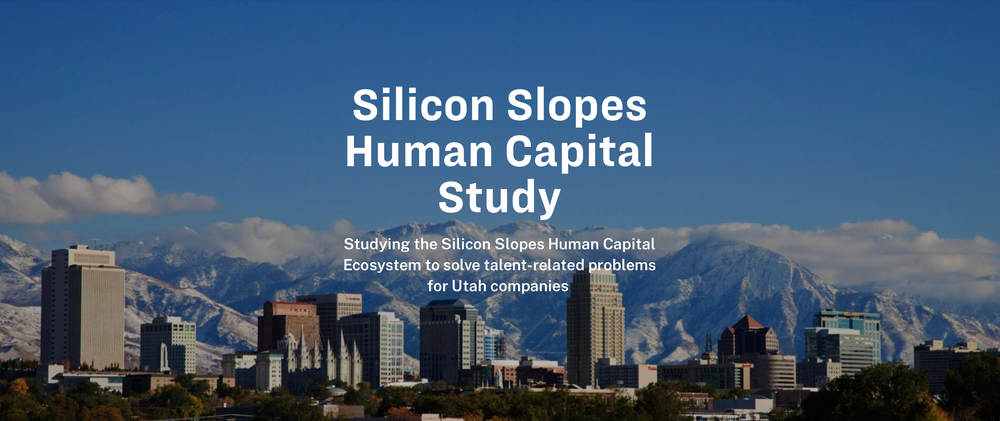A year ago April, some five months before I joined the team at Silicon Slopes, the organization published the Silicon Slopes Human Capital Study.
This 2021 Study was produced in concert with the BYU Marriott School of Management, Cicero, the Governor's Office of Economic Opportunity (formerly the Governor's Office of Economic Development), Silicon Slopes, and Utah's Department of Workforce Services, with BYU professors leading the Study.
Given the broad-ranging impact of the Covid-19 pandemic on all aspects of life, the intent of the Study was to examine (and hopefully gain insights about) company culture and the job market as it relates to Utah's technology ecosystem.
To this end, over 1,750 tech industry employees in the state participated in the Study, and results from the research can be grouped into four main areas:
- Likelihood tech employees will seek new employment (and why);
- Perceived value of remote work (aka, the Work From Home phenomenon);
- Value of non-monetary benefits vs. cash; and
- Importance of connections in finding new employment.
Case in point, as I reviewed this Study recently, I was intrigued by the fact that approximately 45% of respondents 40-years-old and younger saw themselves as being more likely than their older counterparts to seek new employment within the coming year.

Another factoid that caught my attention was the realization about the near universal belief by Study respondents that Remote Work options (aka, Work From Home) led to greater productivity.
This was in spite of the fact that close to 60% of Study participants recognized that "get(ting) up to speed and functioning" in remote and/or fully online settings generally took up to one month or more vs. on-site/in-the-office employees.
As a former employer, and now as a journalist dedicated to covering the business ecosystem of Utah, I found the insights of this Study to be particularly pertinent, especially given the reality that Utah's unemployment rate across all industries stood at 2.2% in January 2022 (the most recent month we have data for), an amount historically considered to be less than half of the Full Employment Rate.
In other words, the lack of skilled, employable individuals for open positions in the state is playing havoc with Utah organizations, in general, while putting significant upward pressure on pay and benefits, while also creating interesting dynamics for the currently employed.
Hence, over the next few weeks, I will share additional findings from the Study within the Silicon Slopes Newsroom.
A Brief Summary of Study Parameters
Over 40,000 participants of Silicon Slopes events during the prior five-year-period were invited to participate in a survey about their perceptions of company culture and the job market, with over 1,700 usable surveys received, with the results of this Study published in April 2021.
The following BYU professors led this research effort (listed alphabetically by last name):
- Timothy Gubler, Ph.D. (Assistant Professor of Strategy);
- DK Kryscynski, Ph.D. (Associate Professor of Strategy);
- Shad Morris, Ph.D. (Associate Professor of Organizational Behavior and Human Resources);
- Troy Nielson, Ph.D. (Professor of Organizational Behavior and Human Resources); and
- James Oldroyd, Ph.D. (Associate Professor of Strategy).




